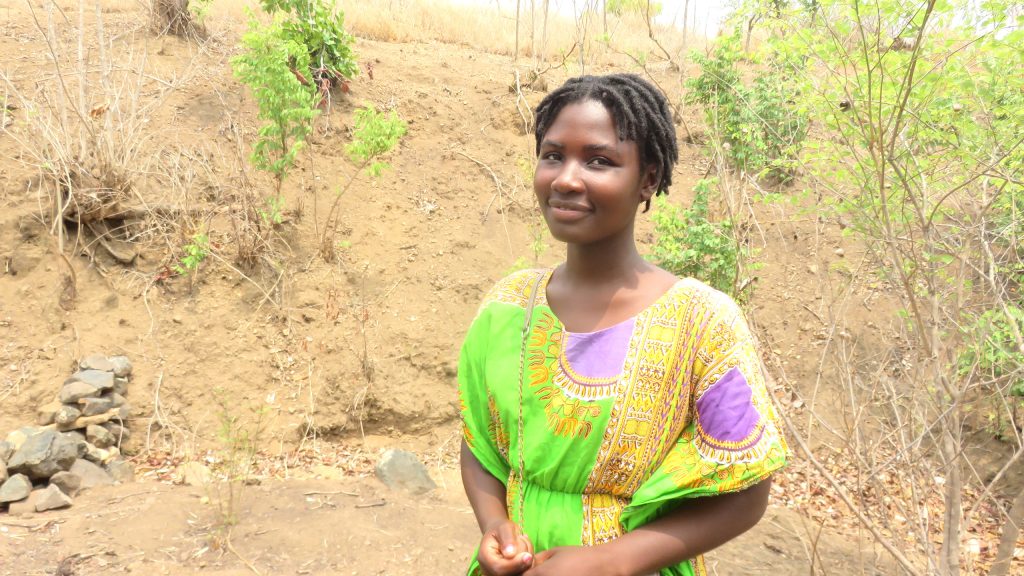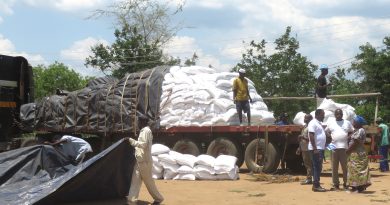‘Climate change is real, we must act’
By Joseph Kayira
Malawi, just like many countries in the sub Saharan Africa region, grapples with a number of problems emanating from climate change. The challenges from the effects of climate change tend to be profound and pervasive. They have impacted agriculture, the mainstay of the economy, creating food insecurity, malnutrition and ill health in many communities.
This has compelled government and its partners to come up with interventions like the Climate Smart Public Works Programme (CSPWP), with a view to improve food security, reclaim land, build resilience and improve the welfare of communities across the country.
Balaka district is susceptible to adverse impacts of climate change. The district has irregular rainfall pattern. Communities face prolonged droughts and susceptible to floods. These climate-related impacts compromise agricultural productivity, leading to food shortages, and perpetuate poverty. In Balaka communities are now taking a leading role in fighting and mitigating climate change related problems.
Thandi Matemba, a digitizer of CSPWP programme at Nkaya in Balaka district says effects of climate change have compelled communities to embark on environmental conservation and sustainable farming. She says people are now familiar with negative impacts of climate change and have resorted to fostering a resilient and sustainable food systems.
“Communities are dependent on rain-fed agriculture here and with the rain patterns which are so intermittent, food security is under threat. Households here are vulnerable to climatic variations because of the damage we have done to the environment. We have become susceptible to impacts of climate change. However, we are happy that climate smart initiatives that are being implemented here through the CSPWP are changing lives.
“Communities are planting trees and practicing methods that do not compromise agricultural productivity. Climate change is real and we are taking action to reverse its negative impacts. We are building stone bunds to reduce the speed of water when its raining. For instance, we have put stone bunds on Mpatapata River bank to reduce erosion,” she says.

Matemba: Our efforts are bearing fruits
Matemba says activities along the river banks led to wanton cutting down of trees and creation of huge gullies – affecting gardens and human settlements. She says the Mpatapata River bank protection efforts are bearing fruits.
“We have put many stone bunds on the river to stop formation of gullies. Communities now know the importance of creating swales and why it is necessary to plant vetiver in parts of their gardens to reduce instances of erosion. Equally important is the fact that stone bunds are crucial to sustainable farming,” Matemba says.
She says the strides that the community have taken in conservation have helped to restore forests that have been depleted over the years. These forests are source of fuelwood, natural herbs and other essential needs in people’s lives.
“The community has put some by-laws to protect forests. Our traditional leaders are custodians of these by-laws. Those found plundering these forests are fined. All we are doing is to make sure that our forests are protected and its benefits are spread across the board to everyone,” she says.
These climate smart interventions, which are taking place in Muthe-Chigumula Catchment Area in Traditional Authority Nkaya, have been funded by the World Bank.




